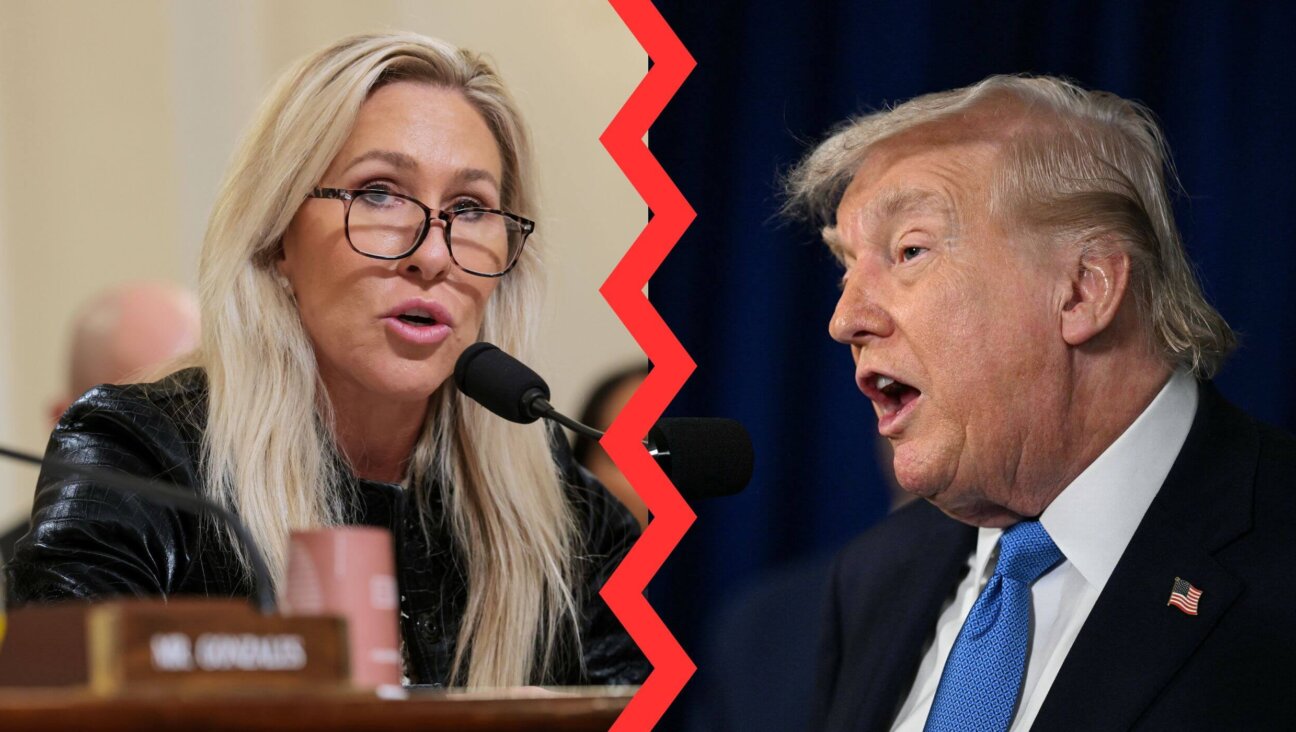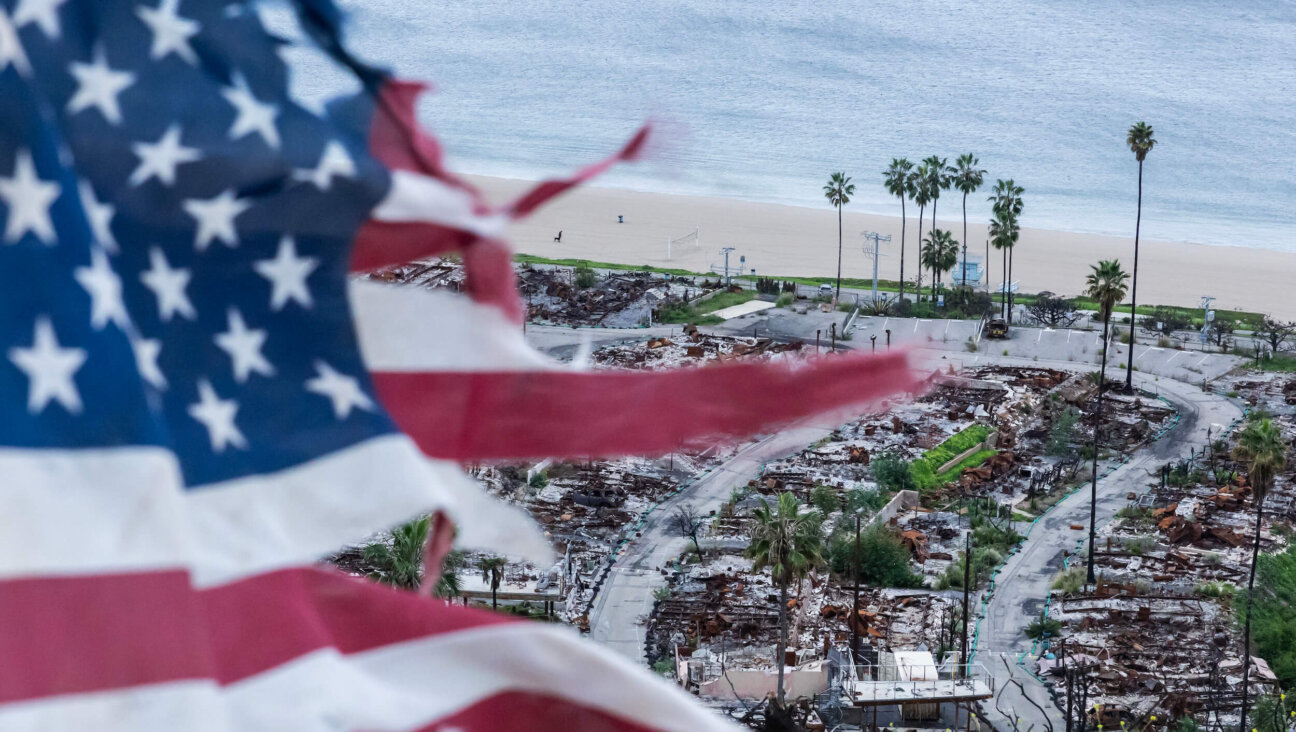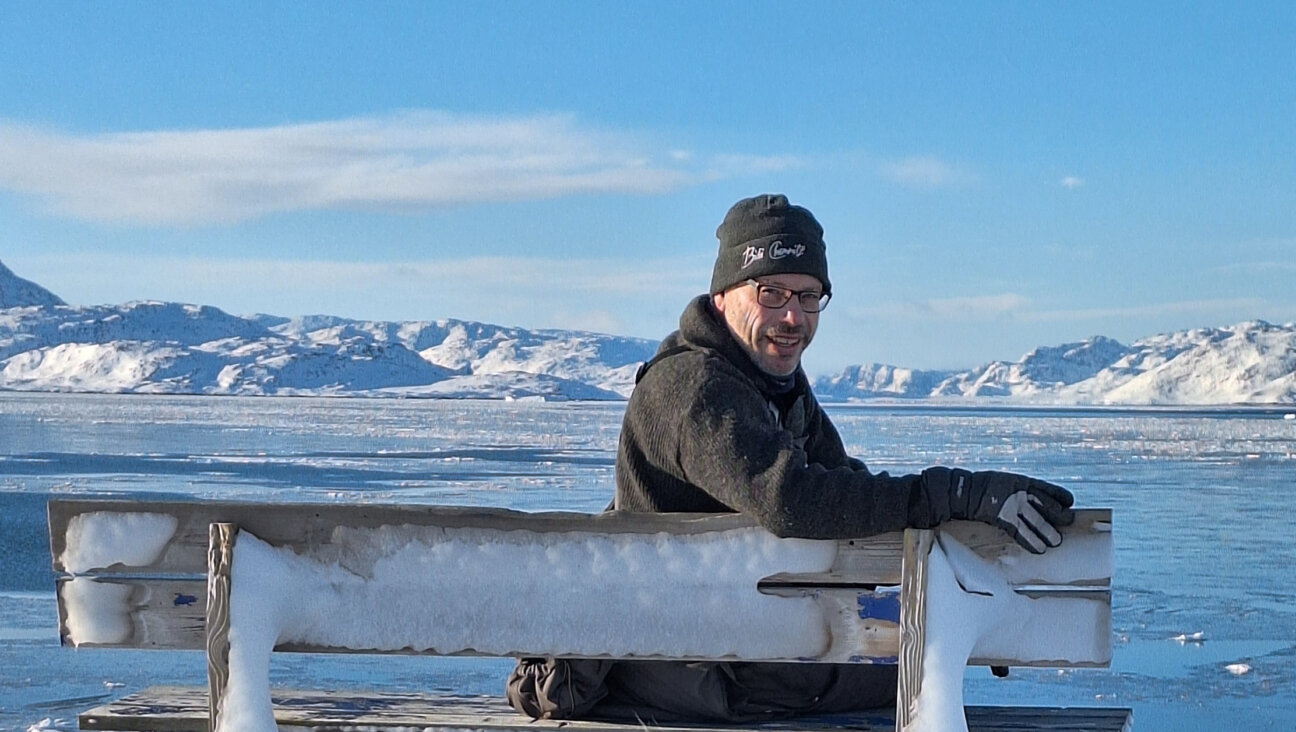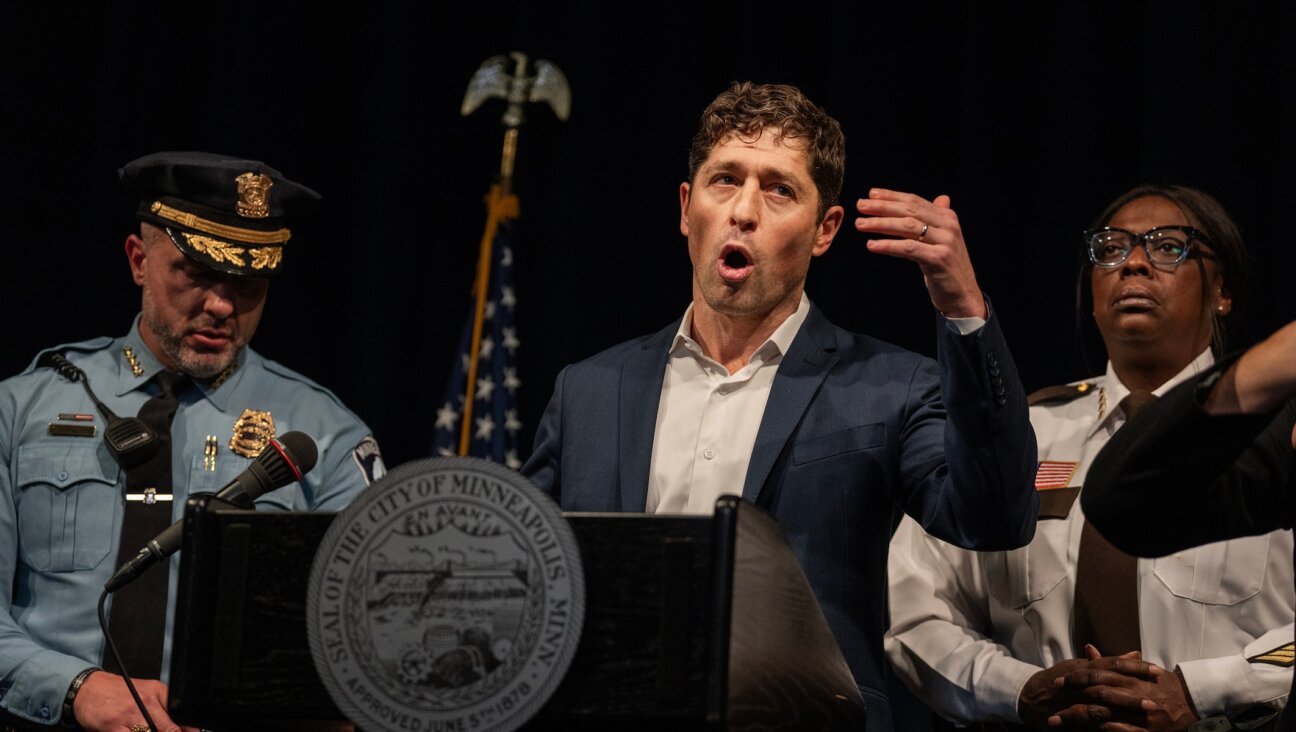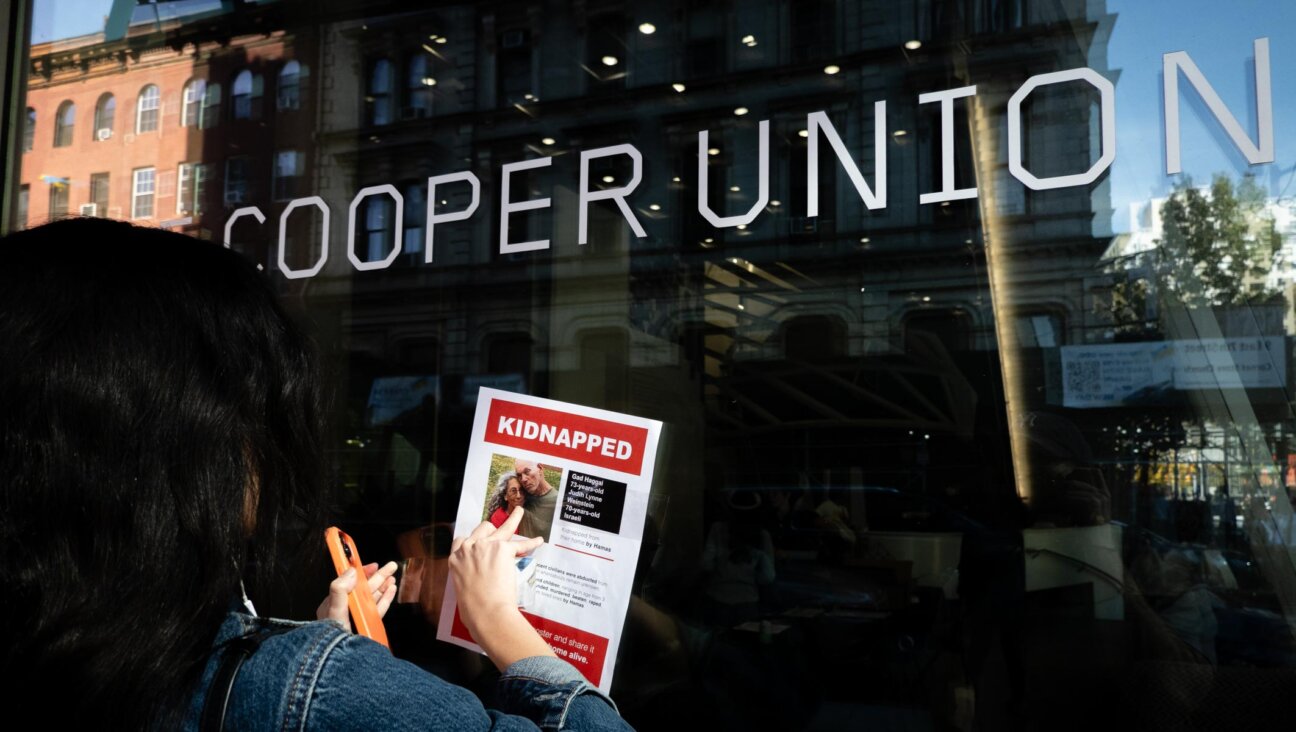Antisemitism Goes Public in Russia
Hate crimes flourish in darkness. To name them and inform the public of their prevalence is the first step in shining a light. Natan Sharansky’s recent opinion article on this page describes how “classical” antisemitism used to be “easy to recognize,” “not only vulgar and illegal, but socially unacceptable throughout the free world.”
Hardly a thing of the past, unfortunately, classical antisemitism is back again in Russia. Neither overstated nor exaggerated, the wave of violent attacks against Jews in the last four weeks will reach a crisis point if the international community doesn’t do everything in our power to protect the rights and security of Russia’s more than half-million Jews.
The facts speak for themselves. At the start of 2005, the State Department and the Israeli government each issued reports citing the doubling of hate crimes in Russia from the previous year. Within days of Russia’s denial of the reports’ validity, Moscow alone saw several violent assaults against Jews in the streets. At around the same time, a virulently antisemitic letter, signed by more than 500 public figures including 19 ultra-nationalistic members of the Duma, called for all Jewish organizations in Russia to be outlawed, accused Jews of fomenting ethnic hatred and described “Judaic aggressiveness as a form of Satanism.” After several long days, the Russian Foreign Ministry issued a statement distancing the Russian government from the letter and rejecting antisemitism. Soon after, the 19 parliamentarians withdrew their signatures from the vicious letter.
Last Thursday at the Auschwitz commemoration, President Vladimir Putin expressed shame and vowed to combat antisemitism. He should be commended for his commitment which, made on a global stage, underscores the magnitude and severity of the situation. The Russian government must now walk its talk and these verifiably antisemitic hate crimes must be stopped, not by stirring ethnic panic, but by holding the government accountable, practicing crisis prevention and keeping the public informed.
To foster security and move Russia away from its centuries’ old intolerance, Putin must engage his ministries of Justice, Interior, Culture and Education to take legal action, prosecute hate crime perpetrators and train law enforcement to distinguish between hate crimes and hooliganism. Educational programs that use mass media can reach school-age youth and those disenfranchised segments of the population most likely to scapegoat the Jews. Putin also needs to specifically recognize and penalize parliamentarians who use antisemitic language and publicly demand adherence to a policy of “zero tolerance” for antisemitism.
Although the vital ingredients for antisemitism have long existed in Russia, the recent spate of attacks can partially be attributed to the rise of a neo-Nazi and skinhead movement, numbering around 50,000. Former Ku Klux Klan leader David Duke has found a receptive audience among the younger generations during frequent trips to Russia. These disenfranchised youth, uneducated and unemployed, are ripe for his toxic message.
The general climate in Russia for human rights and democratization is at its lowest point since the fall of the Soviet Union, with inadequate checks and balances and few independent media left. Nonetheless, Russian Jews have told us they will not tolerate the forfeiture of their rights. They have begun to speak out, even as they continue to rely on our advocacy to safeguard their citizenship and their community.
Thirty years ago, when Soviet Jews were at risk and desperate to move to Israel, American Jews put their money and their passion behind the National Conference on Soviet Jewry’s campaign to help more than a million Jews escape to freedom to Israel, the United States and elsewhere. With antisemitism again rearing its ugly head in Russia, the support of American Jews is once more needed to bolster our efforts to strengthen Russian Jewish leadership and work with the American, Russian and Israeli governments to build the trust and transparency that are prerequisites for positive evolution.
The upcoming meeting later this month between Putin and President Bush is an important opportunity for the United States and Russia to once again reinforce their concerns and ensure that everything possible is being done to combat antisemitism in Russia. Only through diplomacy and ongoing prevention, in concert with an engaged public, can we strengthen the foundation of security and well-being for the Jews of Russia, and by extension, for us all.
Mark B. Levin is executive director of NCSJ: Advocates on Behalf of Jews in Russia, Ukraine, the Baltic States & Eurasia.
